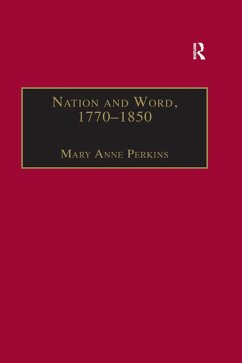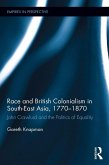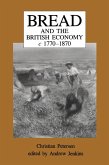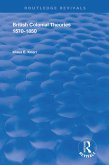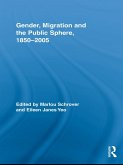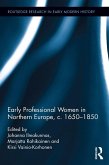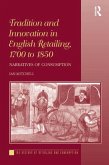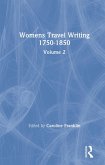The emergence of the modern nation state in Europe and the accompanying rise in national consciousness led to a heightened awareness of the close relationship between language and national identity. In this book the author shows that this relationship was expressed through the themes and figures of a 'language' of nationhood, drawn from a common European cultural heritage, particularly the Classical and Christian traditions. Despite its common roots, this language became the medium through which the diversity of national characters was expressed. The idea of the divine Word, for example, enabled the sacredness and power of national language to be celebrated. The identification of poet and prophet gave Romantic nationalists an authority to speak for and to the nation, and the theme of the Chosen People was often adopted to express the elect status of a writer's own nation. In conclusion, it is shown that this language of nationhood remains a powerful force at the end of the twentieth century.
Dieser Download kann aus rechtlichen Gründen nur mit Rechnungsadresse in A, B, BG, CY, CZ, D, DK, EW, E, FIN, F, GR, HR, H, IRL, I, LT, L, LR, M, NL, PL, P, R, S, SLO, SK ausgeliefert werden.

